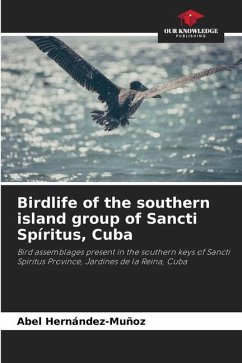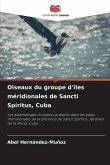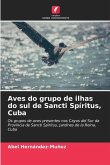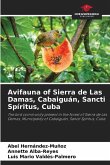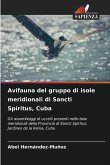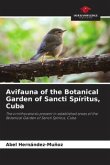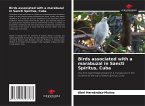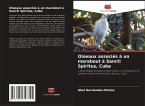The insular groups surrounding the island of Cuba constitute biocenters in the context of the coastal landscapes of the country. The avifauna of the Cayería Sur of Sancti Spíritus Province, central Cuba, is analyzed. This insular group is surrounded by the waters of the Caribbean Sea and belongs to the Jardines de la Reina Archipelago. It is a group of islets composed of seven islands scattered along the southern coast of the province of Sancti Spíritus, which share the same geological and evolutionary history and biodiversity. Its avifauna is made up of 88 species, forming specific assemblages for each habitat occupied. The keys with the highest species richness are: Cayo Blanco de Zaza, Cayó Blanco de Casilda and Cayó Macho de Afuera; these islands are the most heterogeneous and therefore the ones with the greatest refuge and feeding capacities for wild avifauna. The habitats most occupied by the species are: beaches and dunes (54), mangrove (48) and sandy coastal scrub (46). The trophic guilds best represented in species are: Insectivores (37) and piscivores (33). The endemic reaches eight species for 28.57 %. The area is very important.
Bitte wählen Sie Ihr Anliegen aus.
Rechnungen
Retourenschein anfordern
Bestellstatus
Storno

